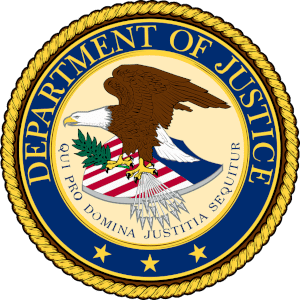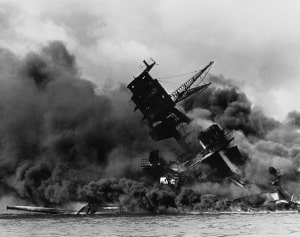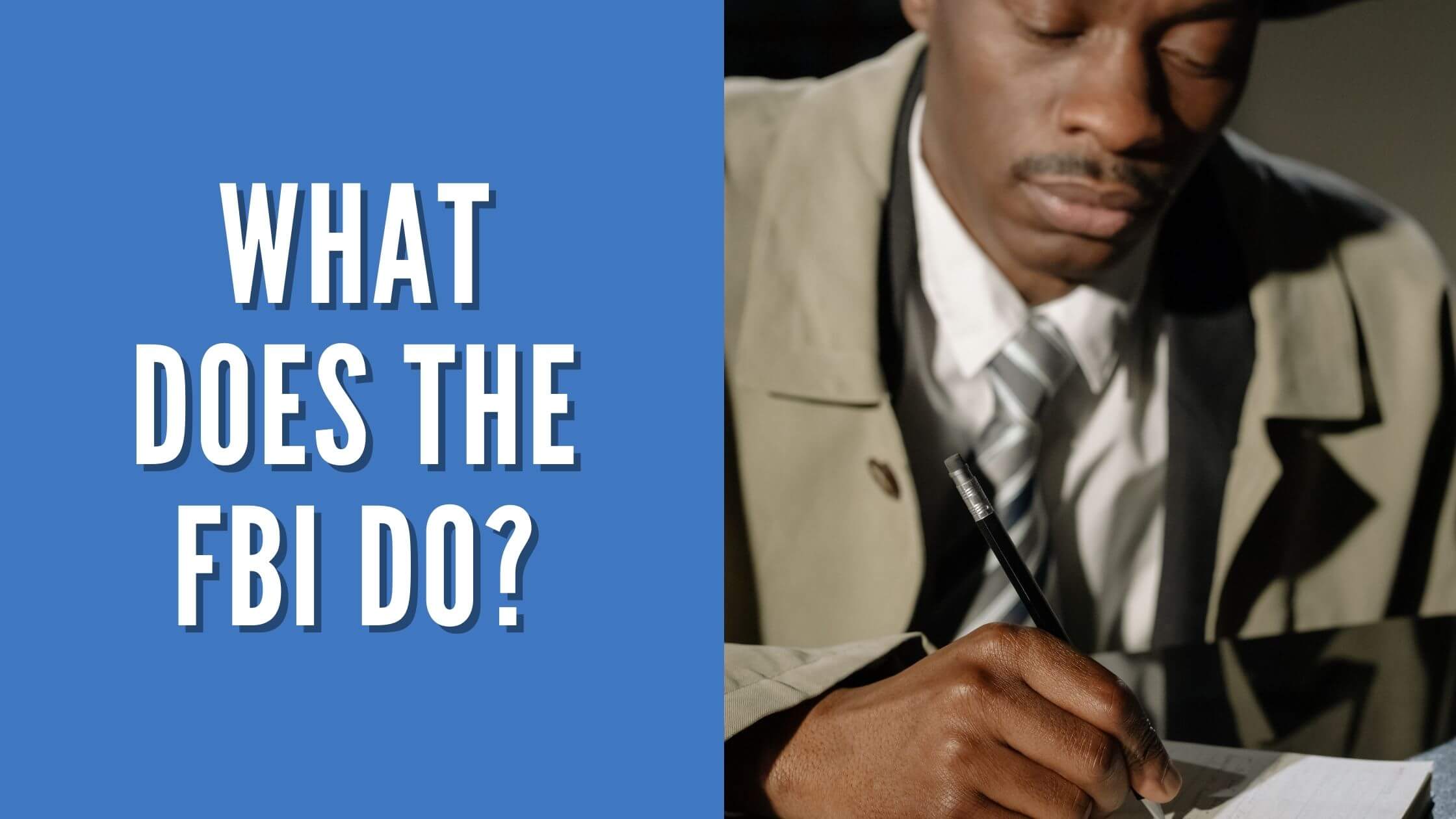Table of Contents
ToggleThe FBI is a ubiquitous presence in movies and television. It’s a vital part of the United States federal government structure that has helped take down notorious criminals like John Dillinger, assist with counterterrorism, and root out corruption in the highest levels of government. Moreover, the FBI differs from local police departments and agencies like the CIA in several important ways, allowing it to fulfill a unique role in law enforcement while assisting with domestic counterintelligence duties.
Role of the FBI
The Federal Bureau of Investigation, or FBI, is overseen by the United States Department of Justice. While it serves many capacities, the most prominent is its role as the primary federal law enforcement agency. This means that the FBI is in charge of investigating major or violent crimes, especially when those crimes cross state lines.

The FBI’s goals
The FBI has goals that are different from a municipal police station. In addition to combating ordinary crime, the FBI is tasked with protecting the United States from terrorist attacks, stopping foreign intelligence operations, fighting public corruption, preserving civil rights, and battling organized crime networks that span multiple countries. These tasks often involve the FBI working with other governmental agencies, including the CIA, the Department of Defense, and local police agencies.
The FBI overseas
The FBI is primarily a domestic organization, which means that it largely operates within the United States. However, despite its focus on things that happen within US borders, it maintains 60 Legal Attache offices worldwide. These offices primarily serve to help the FBI work with foreign security services, allowing it to exchange information with law enforcement and counterintelligence operations from other countries to help bring down criminals, terrorists, corrupt officials, and spies in the United States.
History
Before 1900, the United States had no federal law enforcement agency. The National Bureau of Criminal Identification, founded in 1896, served only to record information about criminals. While the BCI helped police agencies around the country exchange information with each other, it did not investigate or otherwise attempt to stop crime.
Founding a National Investigative Division
In 1901, President William McKinley was assassinated. The new president, Theodore Roosevelt, instructed his Attorney General to create a new investigative service that reported only to the Attorney General. Roosevelt felt that McKinley‘s assassination created a damaging perception that anarchists were attacking the United States, so he sought to create a federal body of investigation that could actively fight against this threat.

Renaming the FBI
In 1908, Roosevelt’s Attorney General created the Bureau of Investigation. The BOI investigated crimes and helped the Justice Department until 1932 before undergoing several name changes in quick succession.
- In 1932, it became the United States Bureau of investigation.
- In 1933, it was renamed the Division of Investigation.
- In 1935, it was re-organized as an independent service under the Department of Justice and became the Federal Bureau of Investigation.
Early Accomplishments
In the 1920s and early 1930s, the Eighteenth Amendment made the manufacture, sale, and transport of alcohol illegal in the United States. The BOI and FBI were instrumental in combating various organized crime outfits that popped up during the prohibition era.

Get Smarter on US News, History, and the Constitution
Join the thousands of fellow patriots who rely on our 5-minute newsletter to stay informed on the key events and trends that shaped our nation's past and continue to shape its present.
Federal BOI agents used phone wiretaps and other investigative techniques to build cases against bootleggers in the 1920s. Then, in the 1930s, the organization launched a “war on crime,” apprehending famous criminals like George “Machine Gun Kelly” and John Dillinger.
Counter-Espionage
In the 1940s, the FBI helped protect the United States against foreign spies. For example, the agency caught eight Nazi spies during World War II. Additionally, the Bureau worked with British intelligence to crack Soviet communications codes, allowing both countries to read intercepted Soviet messages.

The FBI was involved with the internment of Japanese Americans during World War II. Before the bombing of Pearl Harbor, the FBI maintained a list of individuals who it felt should be imprisoned in the event of a war with Axis powers. Immediately after Pearl Harbor was bombed, the FBI began to arrest individuals on that list and take them into custody.
In 1942, President Franklin Roosevelt signed an executive order that moved Japanese Americans from the west coast of the United States into internment camps. FBI Director J. Edgar Hoover argued against the order, but the President’s wishes came to light. The FBI monitored the internment camps and helped with background checks for individuals applying to leave during the internment. After the war, it was assigned to help protect the camps’ former residents from attacks from other Americans as they returned to normal life.
Differences Between FBI And Other Agencies
FBI vs. CIA
The biggest difference between the FBI and the CIA is the domain in which the organizations operate. The FBI primarily deals with crimes within the United States, often perpetrated by United States citizens. On the other hand, the CIA deals with foreign threats to the United States.
While the FBI investigates and polices within the US borders, the CIA gathers intelligence in other countries and sometimes even neutralizes threats to US national security on foreign soil. The CIA has minimal jurisdiction within the borders of the United States. However, the FBI is an agency that can carry out arrests and conduct operations within its borders.
FBI vs. Local Police
The FBI does have priority or authority over local police units. However, it doesn’t like thinking of itself as a law enforcement agency. Instead, the FBI is described as a “federal investigative agency with occasional law enforcement functions.” In other words, the loftier goals of the FBI (like disrupting organized crime and terrorism, stopping corruption, and preventing espionage) are much more important than the enforcement of day-to-day laws.
The FBI will work with local police forces to help investigate major crimes and crimes that cross state borders, but it’s not the organization that has jurisdiction over most crimes. Additionally, the FBI’s federal nature means that the Bureau concerns itself with national laws, not state ones. Local police forces, on the other hand, focus on city, state, and federal laws.











